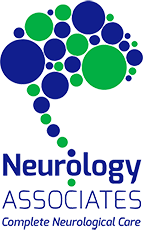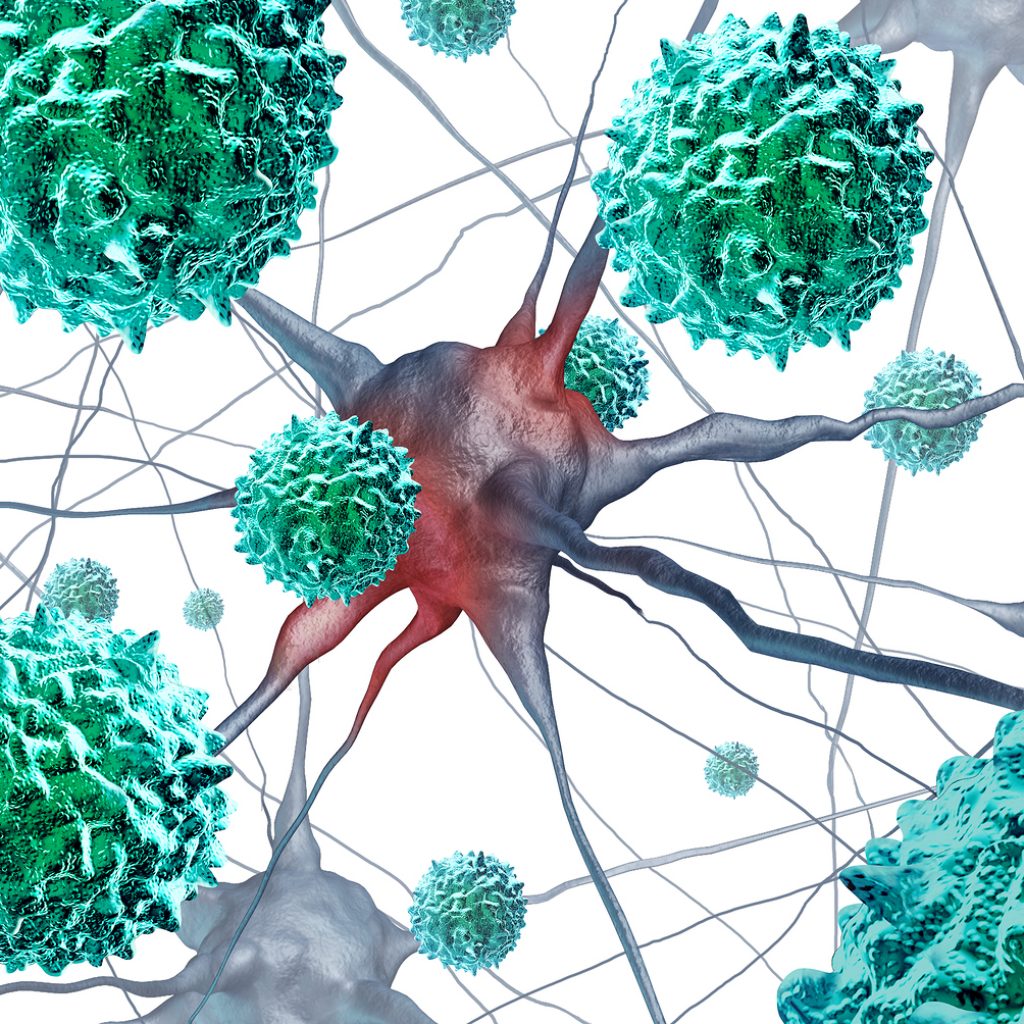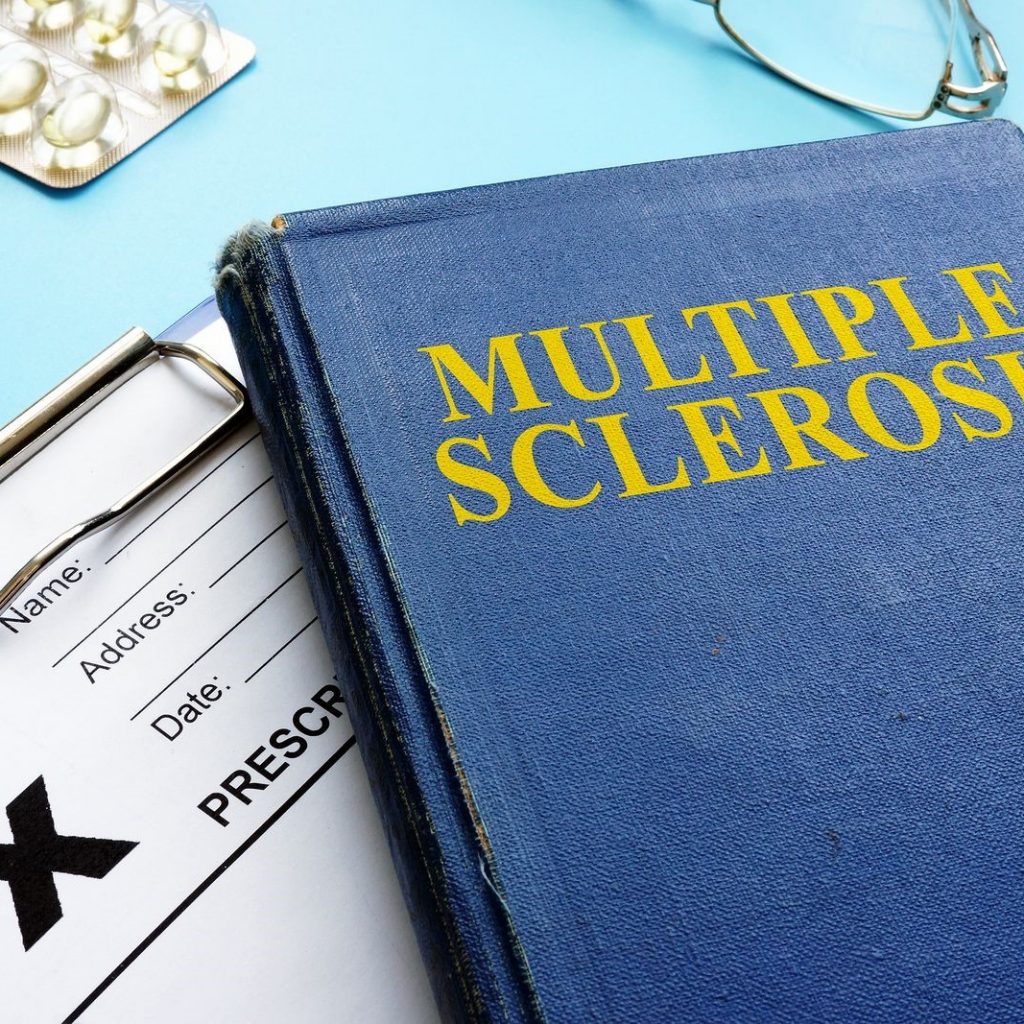Dementia or Memory Loss: When to See a Leesburg Neurology Specialist
This article on Dementia first appeared in September 2018 and was updated December 2023
Have you ever entered a room and forgotten why? Having a hard time remembering phone numbers or names of people you just met? Everyone forgets things sometimes, as any neurology specialist will tell you. For 55 million people worldwide, however, memory loss and dementia are debilitating issues that disrupt their ability to work, take care of themselves, and maintain a social and independent life.
Dementia: More than Your Average Forgetfulness
As people age, it’s normal to experience a modest decline in memory and other thinking skills. Older people might start relying more on lists to remember appointments, or they might misplace their keys more often. This sort of memory loss doesn’t prevent individuals from living a full and productive life.
Memory loss in relation to disorders like Alzheimer’s disease, however, is another matter. In this case, memory loss can be a precursor to dementia. It is important to note that dementia is not a term for any specific disease. Instead, dementia is an overall term for a constellation of symptoms which includes a decline in:
- Reasoning
- Language
- Judgment
- Memory
- Other thinking skills severe enough to impair an individual’s ability to perform everyday tasks
What Causes Dementia?
Damage to brain cells causes dementia. This damage hinders brain cells from communicating properly with each other. In turn, this adversely affects feelings, behavior, and thinking. Dementia is usually progressive. Left unmanaged, it will worsen with time.
A variety of factors can cause dementia. Degenerative diseases like Huntington’s, Parkinson’s, and Alzheimer’s can cause dementia. So can vascular disease, infections such as HIV, chronic drug use, stroke, and depression.
Are Dementia and Alzheimer’s Disease the Same?
Yes and No. Alzheimer’s disease is the most common form of dementia. Alzheimer’s disease is the cause of 50-70% of dementia cases.
Alzheimer’s slowly and progressively destroys cognitive function and memory, resulting in catastrophic memory loss. Its exact cause is still unknown, and there’s still no cure for it.
This disease can present as early as 60 years of age, although younger people can also develop the disease.
While there is no cure for Alzheimer’s, it can be managed if caught early. That’s why it’s imperative that you see a neurologist in Leesburg, VA the moment you start observing the warning signs of dementia.
The First Signs of Dementia
Memory loss that causes significant disruption to your life is one of the most common signs of dementia. Some signs include:
- Asking the same questions over and over
- Forgetting words or mixing them up when speaking
- Increased difficulty remembering things, especially recent events
- Taking longer when performing familiar tasks
- Getting lost while driving or walking
- Mood, personality, or behavioral changes for no reason
- Reduced concentration
Treatment
Dr. Sarbjot Dulai, our resident Leesburg neurologist, recommends treatment depending on the cause of memory loss. In progressive cases such as Alzheimer’s, there is no treatment available that will slow down or prohibit the advance of dementia. The good news is that drug treatments that can improve symptoms temporarily do exist. In addition, early diagnoses allow you and your loved one to plan for the future accordingly.
However, some forms of memory loss are reversible. Possible causes of reversible memory loss are:
- Thyroid problems
- Medications
- Emotional disorders
- Vitamin B-12 deficiency
- Minor head trauma or injury
Are You or Someone You Know Struggling with Memory Loss?
If you or a loved one is experiencing changes in thinking skills such as memory loss, don’t ignore it. Contact Neurology Associates as soon as you can to get a proper diagnosis and be checked by a medical doctor. Dr. Sarbjot Dulai, our resident Leesburg neurology specialist, can help you make sense of what is happening and suggest the next steps you can take to address dementia, Alzheimer’s disease, and other neurological issues.
Resources:
World Health Organization – Dementia
National Institute of Health – Memory Problems, Forgetfulness and Aging














